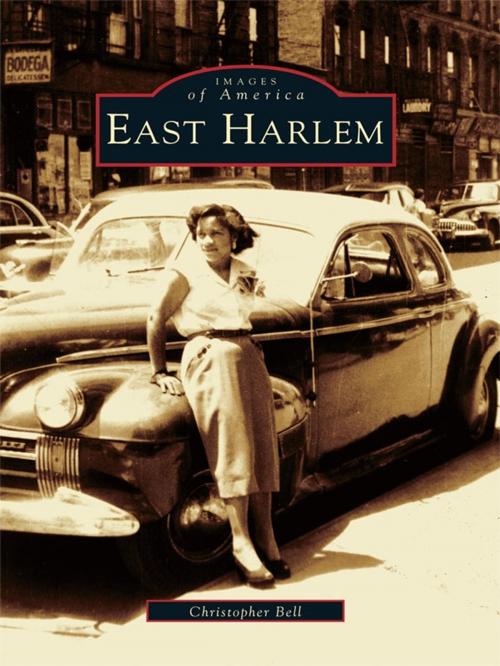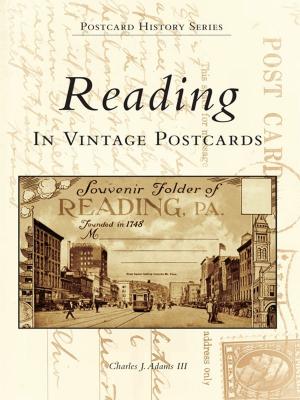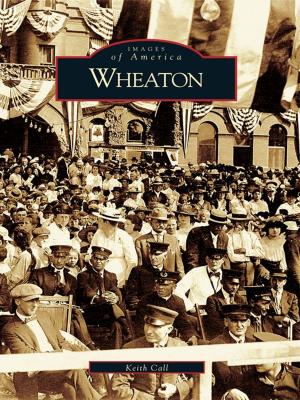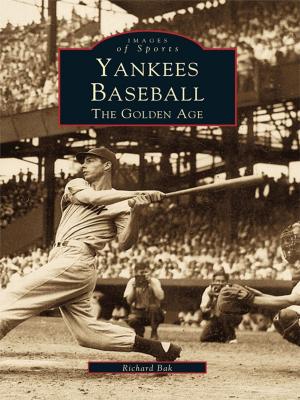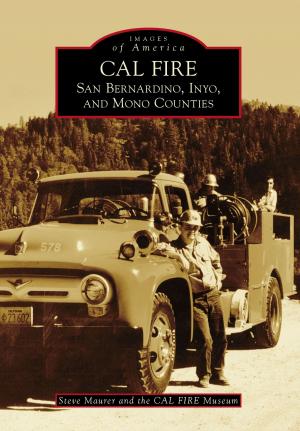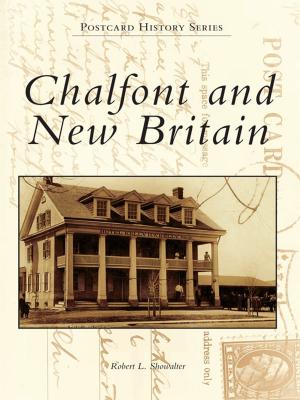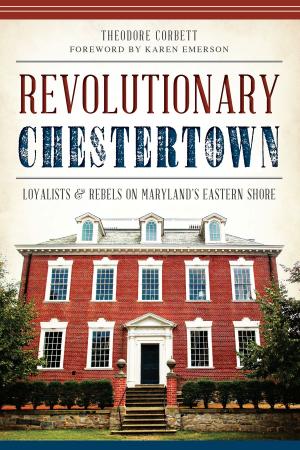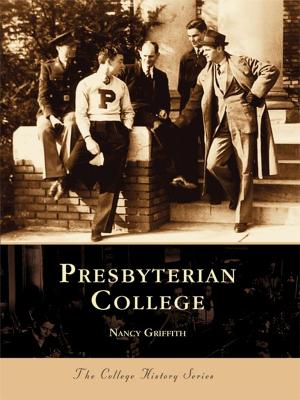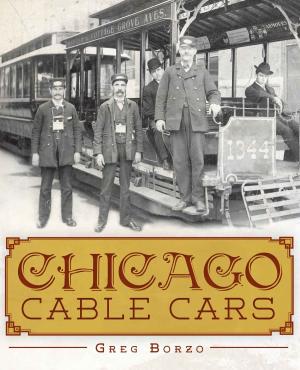| Author: | Christopher Bell | ISBN: | 9781439612101 |
| Publisher: | Arcadia Publishing Inc. | Publication: | October 22, 2003 |
| Imprint: | Arcadia Publishing | Language: | English |
| Author: | Christopher Bell |
| ISBN: | 9781439612101 |
| Publisher: | Arcadia Publishing Inc. |
| Publication: | October 22, 2003 |
| Imprint: | Arcadia Publishing |
| Language: | English |
Overshadowed by the fame of Harlem and the wealth of the Upper East Side, East Harlem is rarely noted as a historical enclave. However, from the early 1800s through today, East Harlem has welcomed wave after wave of immigrants struggling for a place in the nation's most famous city. African Americans, Irish, Germans, European Jews, Italians, Scandinavians, Puerto Ricans, and Latinos are among the ethnic groups who have shaped this neighborhood, bringing with them their religious, social, and culinary traditions. East Harlem is the first volume to tell this neighborhood's history through images. Photographs of the iron, stone, and rubber factories, the tenements, the 100th Street community, famous politicians such as Fiorella LaGuardia, the Second and Third Avenue elevated subways, St. Cecilia's, and many other subjects capture East Harlem's past in one memorable collection.
Overshadowed by the fame of Harlem and the wealth of the Upper East Side, East Harlem is rarely noted as a historical enclave. However, from the early 1800s through today, East Harlem has welcomed wave after wave of immigrants struggling for a place in the nation's most famous city. African Americans, Irish, Germans, European Jews, Italians, Scandinavians, Puerto Ricans, and Latinos are among the ethnic groups who have shaped this neighborhood, bringing with them their religious, social, and culinary traditions. East Harlem is the first volume to tell this neighborhood's history through images. Photographs of the iron, stone, and rubber factories, the tenements, the 100th Street community, famous politicians such as Fiorella LaGuardia, the Second and Third Avenue elevated subways, St. Cecilia's, and many other subjects capture East Harlem's past in one memorable collection.
